One of my grandfather’s was a teacher and in his early, romantic years, he fancied himself a poet. Unfortunately, while we have a lot of his handwritten poetry from the 1930s, most of them were not his own.
Grandfather copied down many poems he found for many reasons. Sometimes as part of a memorization process, other times as part of his school work studies as he was studying to be a teacher. It was also to work their language skills under his pen, or just because he liked them, we know not.
Some have the author’s credit, but many don’t. While my mother believes he was detail-oriented enough to give credit where credit is due, many of these poems, quotes, and sayings were published in newspapers and magazines across the country and around the world with no credit listed. So he might not have known himself who the author was. Or just didn’t make a note of it.
Some of the poems, sayings, and quotes he copied were popular at the time, so why should he note the author when everyone already knew who it was? After all, if I say “can’t buy me love”, I wouldn’t have to tell you who to credit that to today, would I? Times change and popularity wanes, so in 100 years from now, will anyone know what “can’t buy me love” means?
Our puzzle was to determine if he wrote these uncredited poems or copied them. Determining this was a challenge.
Determining Original Poetry and Writings from Copies
If they are original writings, then we have the right to do with them what we please as his family members. If they are not, then we can’t publish or share them as they don’t belong to us, unless we cite the author, and in some cases get permission to republish them. We’d hate to credit him with writing things that turn out not to be his. So what do we do?
We went searching across the Internet to look for the authors of these wonderful poems, quotes, and sayings.
Of course, not everything in on the Internet – yet – so when we couldn’t find any accreditation, we decided that if we are to publish them, we will have to indicate that these are allegedly by my grandfather, unless we are perfectly clear.
He isn’t the only one to do this. While researching these, I remembered that I have been collecting sayings and quotes since I was a small child. Wonder where I inherited that? I have been very serious about giving credit to the source, but many of these have no credit, and I worry that they might be credited to me, since my ancestors may find these in my handwriting and wonder as I wonder now. As I go through my own papers, I need to make sure I make it clear if I wrote these or I copied these, to protect everyone’s interests now and in the future.
Poems and quotes aren’t the only things copied out by hand. Song lyrics are also frequently copied by children and young people, often to help them learn the lyrics to a song, and others times just because they like it. These make their way into personal records and can often be mistaken for something original. These also need to be checked and verified.
As you search for poems, sayings, and quotes, remember that these may be included in newspapers, magazines, and books as collections, not just standing alone. In the research resources, I’ve included Gutenberg Press, Google Book Search, and other searchable published works collections to aid in finding published versions of these poems and quotes.
To find a poem or quote, type into the search area the keywords or phrase that is most “unusual” and unique to the poem in order to limit your search results. For instance, if you are looking for the words to “Somewhere Over the Rainbow”, you might want to use the distinctive phrase “Where troubles melt like lemon drops” instead of “Skies are blue”.
Some search engines allow you to limit your search results by putting the phrase in quote marks:
"where troubles melt like lemon drops"
Others allow you to use the advanced search feature with a setting to “Exact phrase”. Others work with plus (+) marks to indicate “must be included”, such as:
where +troubles +melt +like +lemon +drops
Experiment with these different opens in the various websites and search engines to see what gets you the best results. If searching the Internet is new to you, I’ve provided copies of my class notes from my classes on the Internet to help you, particularly the information on how to search the Internet.
There isn’t one method or one resource to search for poetry, quotes, and song lyrics. You may have to try a few before you find a match, or many just to make sure you searched thoroughly enough. And if you have any suggestions for ways of tracking down song lyrics, poems, or quotes, please post them below in the comments so we can add them to the list. Thanks.
If you find no matches, but still are unsure and you would like to publish these for your family or on the Internet, consider using one or more of the following methods to note your lack of certainty and verification:
- Allegedly by
- By X (unconfirmed)
- Believed to be written by X
- Allegedly accredited to X
- Accredited to X
Research Resources for Poetry, Sayings, and Quotes
- Gutenberg Press – Advanced Search
- Bartlebys – Quotes, Sayings, Usage, and References
- Lyriki – Lyrics Wiki
- Bread for Music – Song Lyrics Wiki
- Song Text
- Song Lyrics
- Astraweb Lyrics – Lyrics Search Engine
- William and Gayle Cook Music Library, Indiana University School of Music – Song Lyrics; Libretti
- Kiss This Guy – The Archive of Misheard Lyrics
Most Recent Articles by Lorelle VanFossen
- The Myths and Mysteries and Hunt for Nicholas Knapp
- The Perpetual Calendar
- GenSmarts: Reminder to Not Assume
- Gensmarts Saves Your Family History Research Life
- Digging Through Historical Newspapers Online

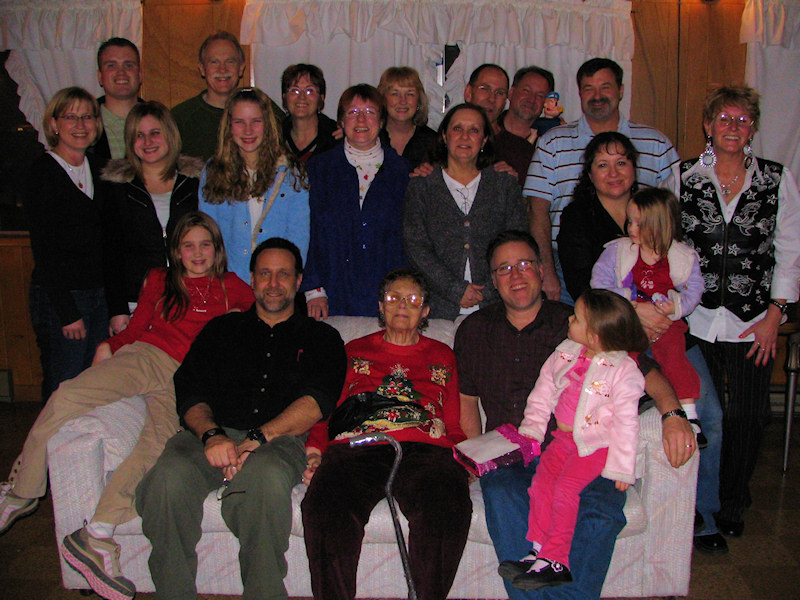
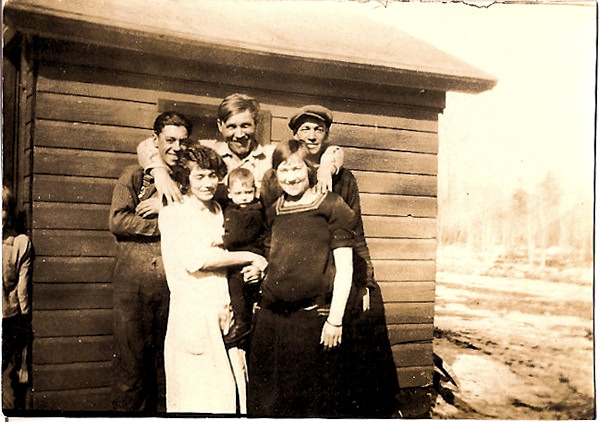
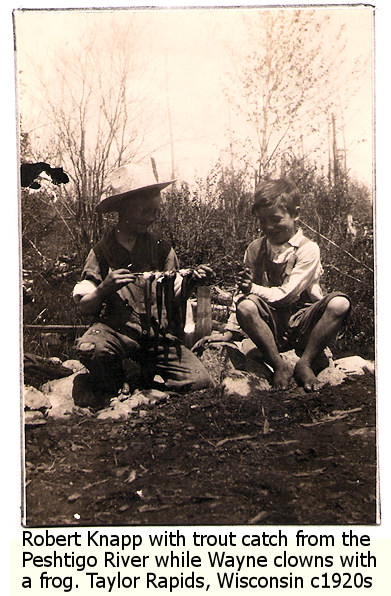
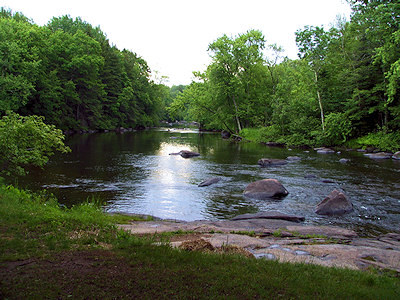
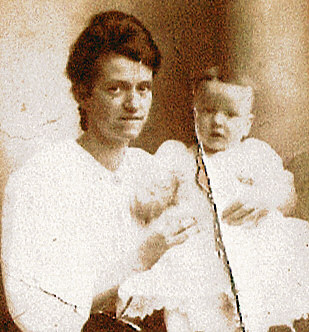
2 Responses to Researching Poetry, Quotes, and Songs